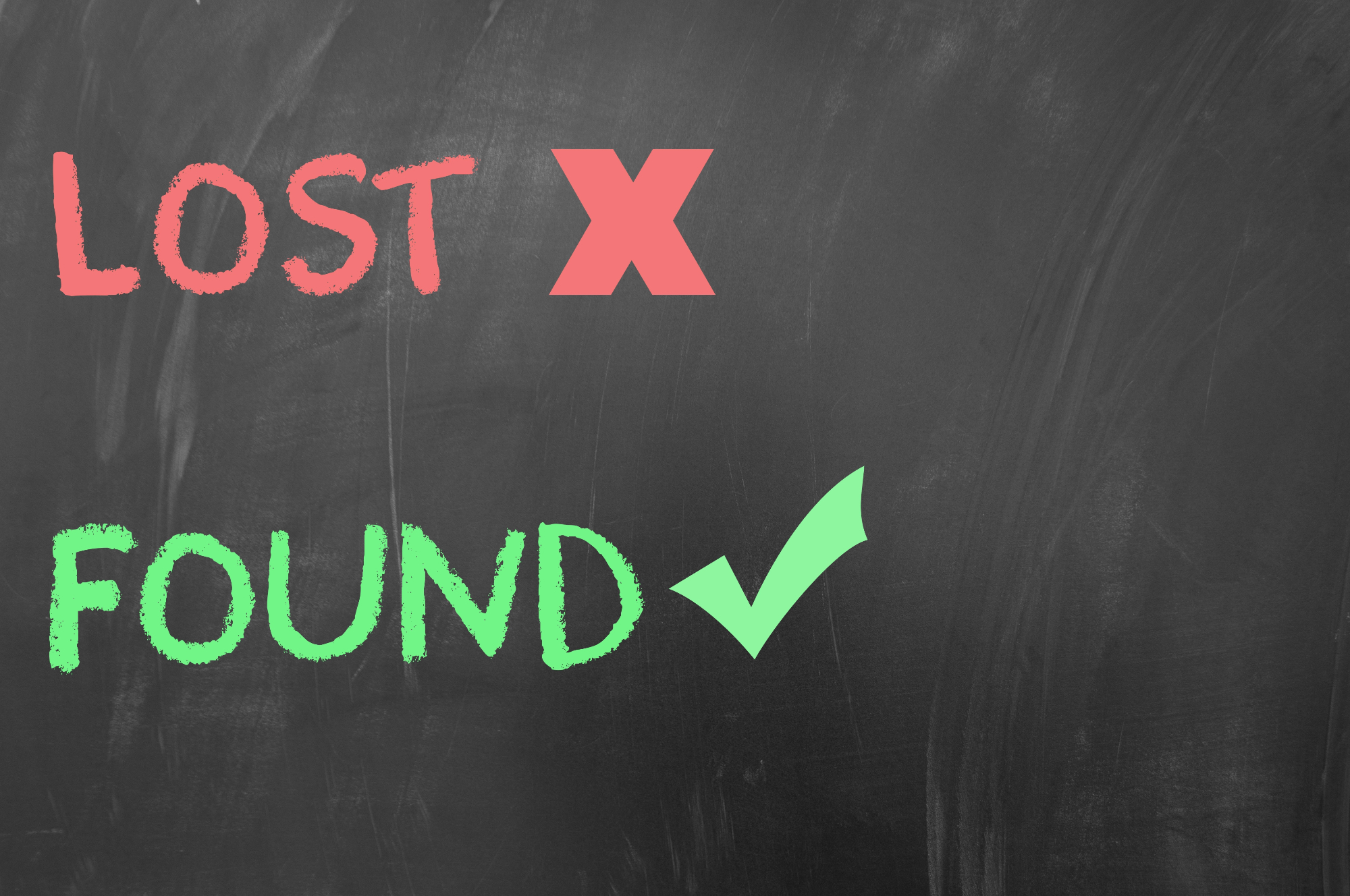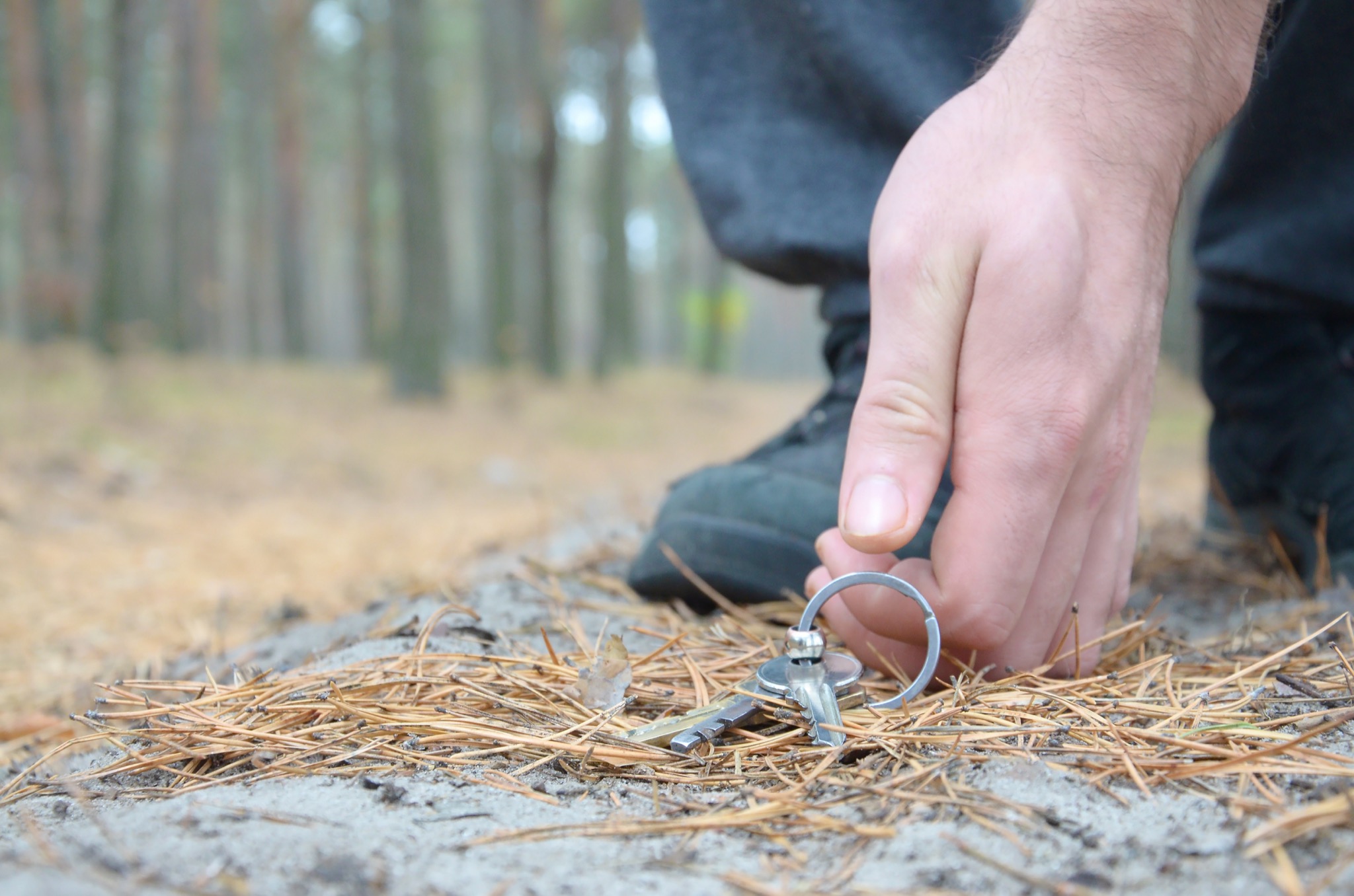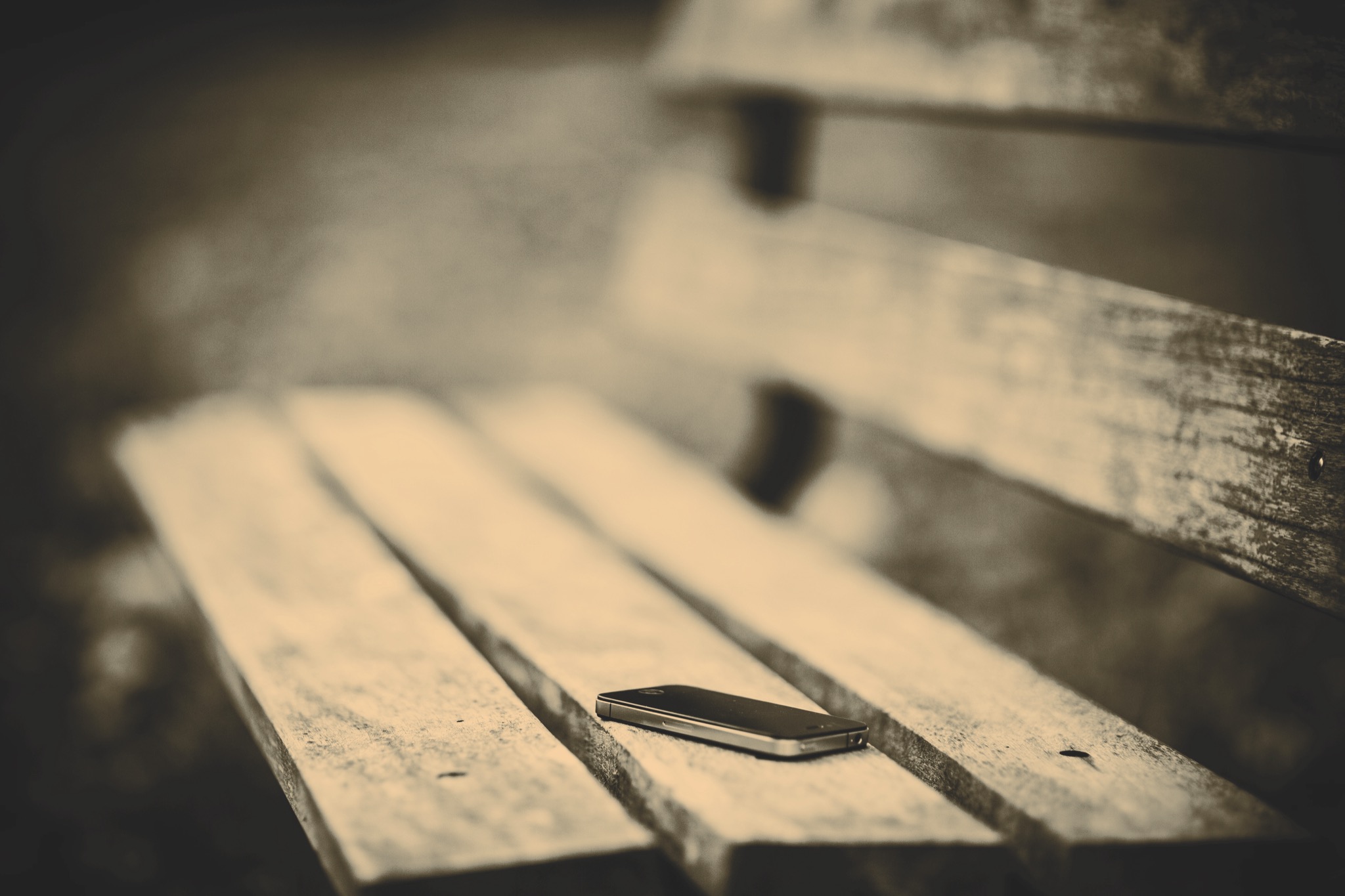Uncovering the stories behind lost and found belongings
The intriguing world of lost and found is brimming with untold stories that reveal insights into human behavior, societal norms, and the intricate webs we weave with our personal possessions. Each item lost, whether it’s a treasured family heirloom or a disposable everyday object, carries a tale of its own — a narrative shaped by who we are, where we come from, and how our lives intersect in unexpected ways. By delving into these narratives, we can uncover poignant tales of love and loss, serendipity and disappointment. The material objects serve as tangible reminders of our fleeting encounters and transient relationships; they become vessels for memories, emotions, hopes and regrets. Lost items often end up in public repositories such as libraries or transit authorities where they wait to be reclaimed. These spaces essentially become treasure troves offering glimpses into other people’s lives – an umbrella left behind on a rainy day might suggest someone rushing home to their loved ones; a forgotten book may hint at the interests of its owner; while an abandoned purse could speak volumes about the person’s financial circumstances or even their state of mind at the time it was misplaced. The process involved in recovering these belongings involves procedures dictated by local laws related to property rights which vary significantly across jurisdictions worldwide. Thus adding another layer to the story behind each lost item – one involving law enforcement agencies, bureaucratic red tape and sometimes even legal battles. On the flip side are those who find these items – individuals who often go out of their way to return them to their rightful owners. Their acts demonstrate altruism in action- reinforcing faith in humanity’s inherent goodness amidst modern society’s cynicism. In essence through ‘lost & found’, we unearth not just material possessions but also narratives woven around them – reflecting our collective experiences as social beings navigating through this chaotic world filled with chance encounters and unpredictable twists & turns.
Unearthing these narratives through the lost and found often requires a sense of curiosity and empathy. It’s comparable to an archaeological excavation where each object, preserved in its state of being lost, provides a snapshot of a moment frozen in time. These snapshots reveal fragments of lives lived – an unreturned library book points towards intellectual pursuits; a set of keys might represent someone’s home or car; while a child’s toy left behind on public transport could symbolize an innocent tale of childhood adventures. Through these objects, we get glimpses into the diversity and complexity that mark our human existence. Even as society forges ahead with leaps in technology and automation, the realm of lost and found remains stubbornly personal, reflecting our shared vulnerabilities, habits, quirks and tendencies – making it an intriguing mirror to humanity’s multifaceted character.
The lost and found is a tangible manifestation of our human journey, etched with emotions, memories and narratives that are unique yet universally relatable. An abandoned umbrella at a café might tell a tale of an unexpected rain shower, or perhaps a hurried departure; each forgotten item adding another layer to this rich tapestry of life stories. Our possessions, intentionally or not, become extensions of ourselves – imbued with personal significance and symbolic value. Just as archaeologists sift through ancient ruins to reconstruct the past, we too can delve into the world of lost items to better understand our present. Each misplaced diary filled with scribbled thoughts or pocket watch keeping time no longer serves as intimate windows into individual lives with their joys, sorrows and hopes – reinforcing the fact that behind every object in the lost and found, there is always a person and story waiting to be discovered. As such, these objects serve not just as silent witnesses to our shared humanity but also form an intricate mosaic reflecting our collective experiences which continue to shape us in ways more profound than what meets the eye.
 …
…

